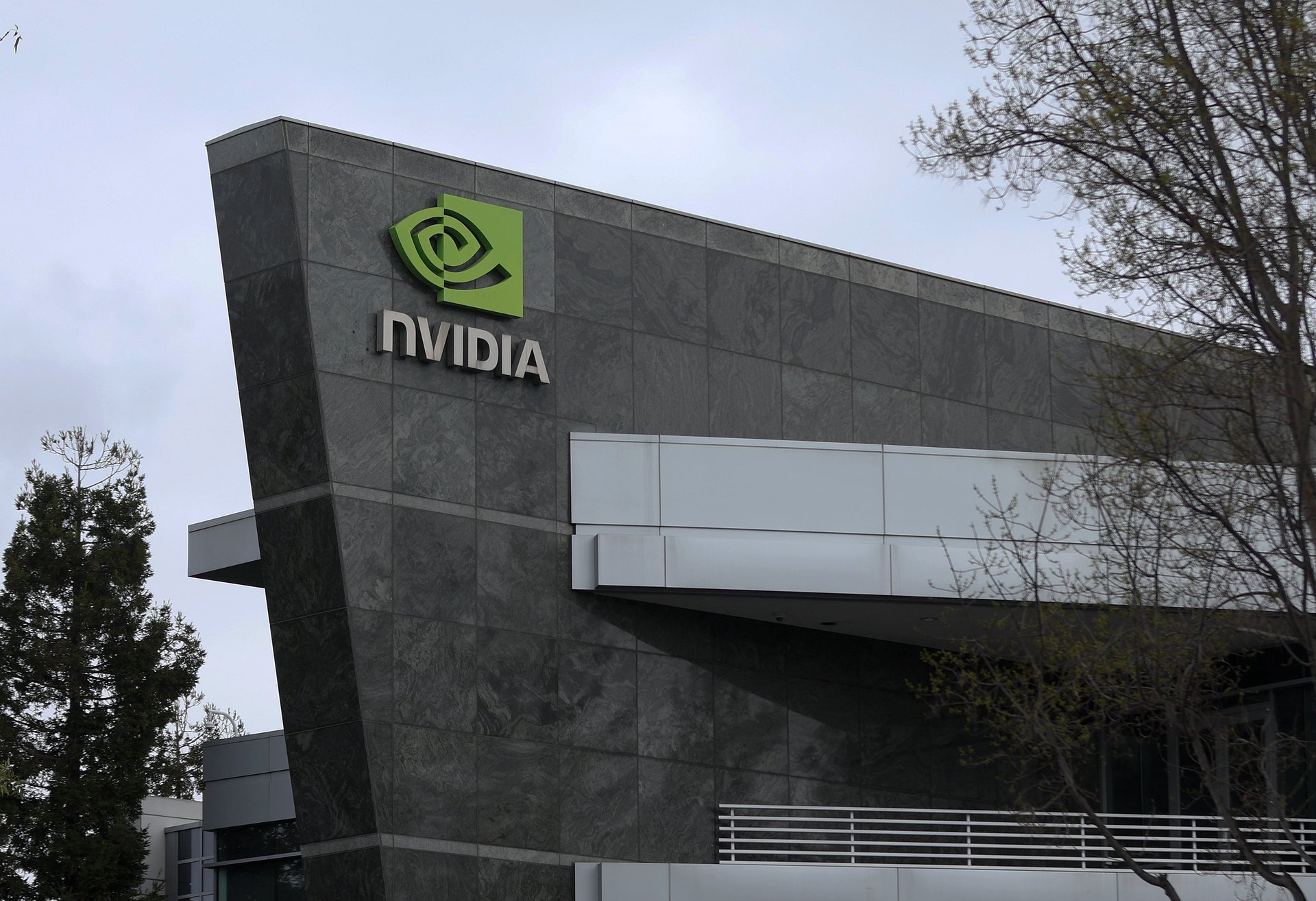A Nvidia-backed startup just unveiled AI avatars that can express human emotions
Synthesia introduced its fourth-generation "Expressive Avatars," which it said can express emotions like sadness and excitement based on context

An AI startup backed by Nvidia introduced its next generation of AI avatars that can understand context from text inputs and express human emotions, such as happiness, sadness, and excitement.
Suggested Reading
Synthesia, a London-based firm, said its fourth generation “Expressive Avatars” are powered by a model trained “to understand the intricate relationship between what we say and how we say it.” The avatars can follow scripts like real actors by using the right tone of voice, body language, and lip syncing, the company said.
Related Content
“With these new avatars, we’re not just creating digital renders; we’re introducing digital actors,” Synthesia wrote in a blog post. “This technology brings a level of sophistication and realism to digital avatars that blurs the line between the virtual and the real.” The avatars are powered by Synthesia’s EXPRESS-1 model, which is trained to predict movements (like blinking) and facial expressions (like smiling) to match the avatar’s tone, which results in more human-like interactions.
The company, founded in 2017 by a team of AI researchers and entrepreneurs, is focused on video production without cameras, microphones, or studios. Synthesia’s avatars have been used by businesses to make presentations and training videos, it said.
Synthesia said certain types of content will be restricted to avoid misuse by bad faith actors — especially amid the upcoming U.S. presidential election. In another blog post, Synthesia pointed out how AI has been used to spread misinformation and disinformation, and how its avatars specifically can be used to resemble the voice and likeness of a real person.
The company’s 225 existing avatars have been used by over 200,000 people to generate more than 18 million video presentations in over 130 languages, it said. Synthesia also serves over 55,000 companies around the world, including half of the Fortune 100.
Last June, Synthesia announced it had raised $90 million in a Series C funding round that included chip leader Nvidia. The round, which led the company to a $1 billion valuation, was led by venture capital firm Accel, which was also an investor in Facebook and Spotify.
“Productivity can be improved because you are reducing the cost of producing the video to that of making a PowerPoint,” Philippe Botteri, an investor at Accel, told CNBC in June. “Video is a much better way to communicate knowledge. When we think about the potential of the company and the valuation, we think about what it can return, [and] in the case of Synthesia, we’re just scratching the surface.”